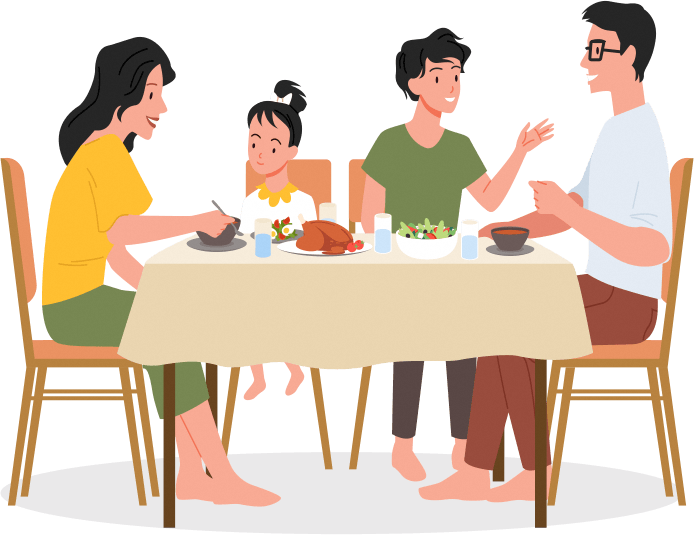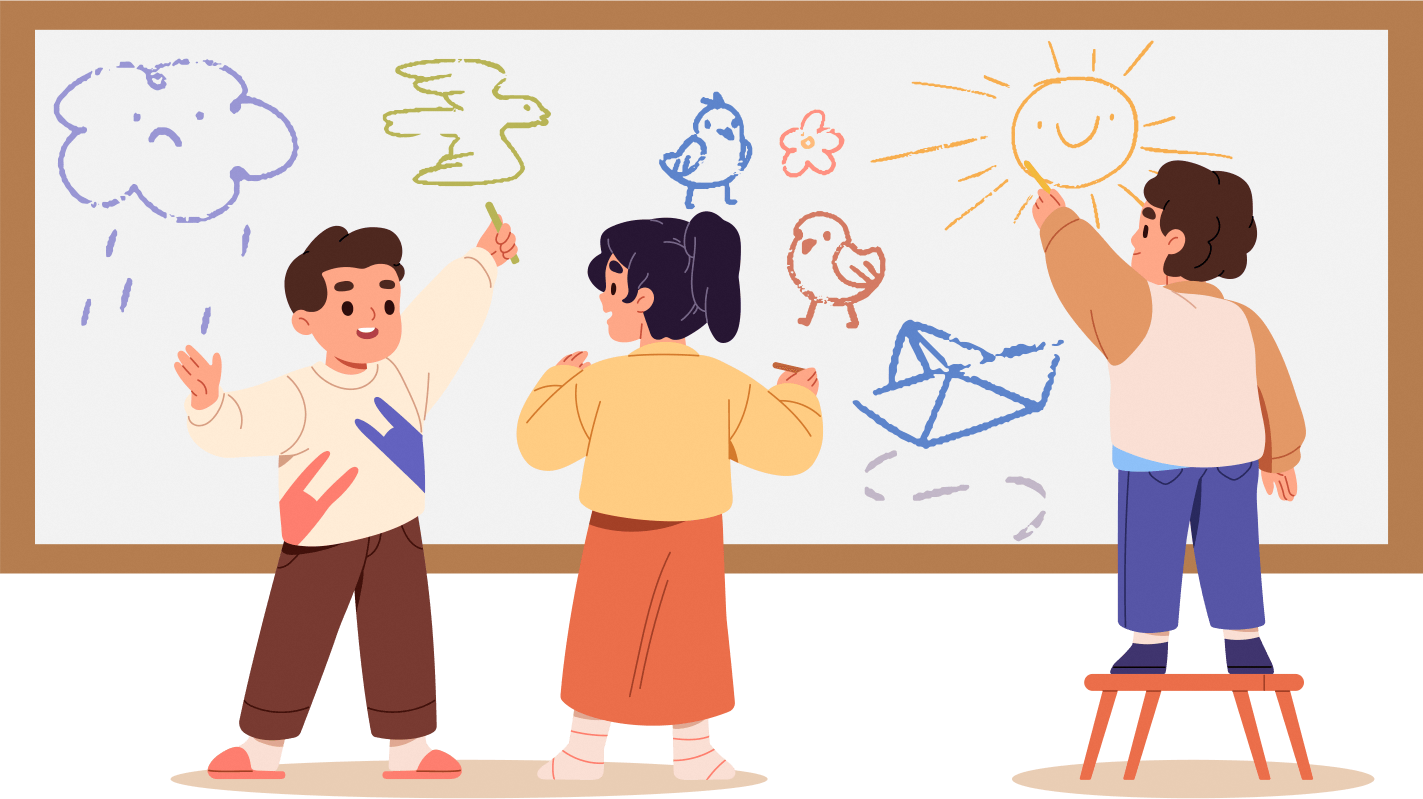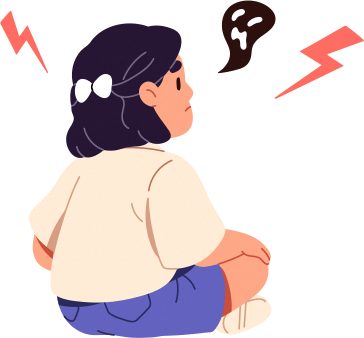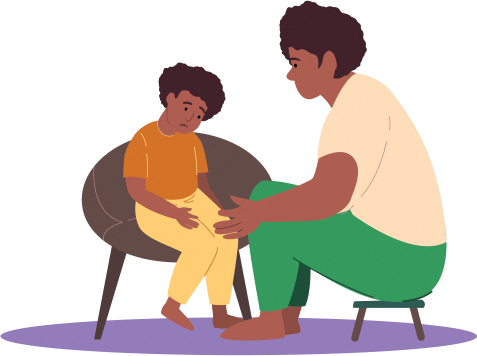-
Observe signs such as the sensations in your body and think about what might be making you feel this way
-
Calm yourself down before responding to the situation (e.g. taking deep breaths, saying that you need to walk to another room to calm down) to avoid responding to your child in a way that you did not mean to (e.g. shouting, saying unkind words)
Why is it important to be aware of your feelings and not just your child’s?
Being more aware of your own feelings can help you to better manage them and your reactions when faced with difficult situations. This allows you to respond in a calmer and more collected manner when helping your child with their own difficult feelings and thoughts.

To be more aware of your own and your child’s feelings, you can:

-
Look out for signs that your child may be feeling down, highly anxious, or frustrated (e.g. withdrawing from family more than usual, changes in behaviour or sleeping patterns, posting negative thoughts online)
-
If you notice your child having strong feelings at that moment, give them some time to calm down while letting them know you are there for them

-
Show concern by asking about their feelings after they have calmed down (e.g. "You look worried, is there something on your mind?")
-
You can also show more concern when you know something has happened that may be affecting them
Try to work out if it was a one-off incident, or a more serious problem

How can you help your child communicate their feelings?
At times, your child may need help expressing difficult thoughts or feelings. How you offer your support may depend on their age. A younger child may need more help identifying and communicating their feelings. An older child, on the other hand, may need more space and time as they are going through many changes and challenges (e.g. finding their identity, understanding their relationships with others, preparing to graduate from school), to which they can have different emotional reactions.

For younger children:


-
"What does your body feel like when you are angry?"
-
"What did you feel in your body that tells you you are feeling sad?"

-
"I feel happy today"

-
"I see you are frowning, are you feeling sad?"

-
"I like how you used your words to tell me you feel upset today"
For older children:


Offer them support by asking them what they are feeling and thinking, and how these affect the way they act

If they are not ready to share, give them some space to reflect on their own feelings and experiences



